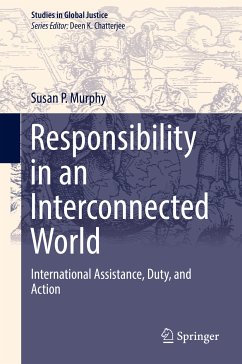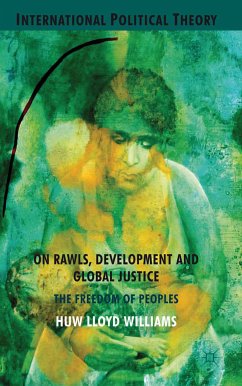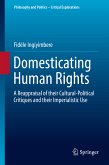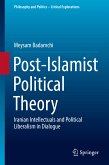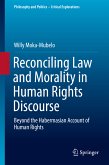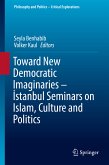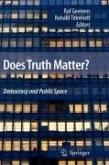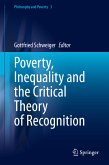Informed by real world examples, this book grapples with complex and multi-dimensional questions concerning practices and the ethics of aid. The author judiciously guides us through the debate between deontological and consequentialist moral theories to arrive at a sophisticated consequentialist account that does justice to the complexity of the problems and facilitates our deliberation in discharging our duty to aid, without yielding, as it should not, a determinate answer for each specific situation. Researchers, students, and practitioners of international aid will all find this book rewarding.
Win-chiat Lee,
Professor and Chair, Department of Philosophy, Wake Forest University
Susan Murphy's book offers us a sophisticated exploration of the philosophical basis for aid. It is grounded in a full understanding of the complexities and pitfalls of the aid industry, but its particular strength lies, mainly through an extensive discussion of Singer, Rawls, O'Neill and Sen, in a comparison of consequentialist and duty-based approaches, eventually endorsing a broad non-idealised, situated consequentialist account in what she calls an interconnected ethical approach to the practice of assistance. For anyone wanting to think carefully about why we should give aid, this book has much to offer.
Dr Nigel Dower
Honorary Senior Lecturer, University of Aberdeen
Author of World Ethics - the New Agenda (2007)
Dieser Download kann aus rechtlichen Gründen nur mit Rechnungsadresse in A, B, BG, CY, CZ, D, DK, EW, E, FIN, F, GR, HR, H, IRL, I, LT, L, LR, M, NL, PL, P, R, S, SLO, SK ausgeliefert werden.
"Susan Murphy's book provides an excellent analysis of the philosophical underpinnings of development-aid assistance. ... The structure of the book is very reader-friendly, with an abstract for each chapter. It is particularly helpful for readers interested in different aspects of the book, either the philosophical underpinnings, or the more practical aspects of the arguments." (Nita Mishra, The European Journal of Development Research, 2017)

